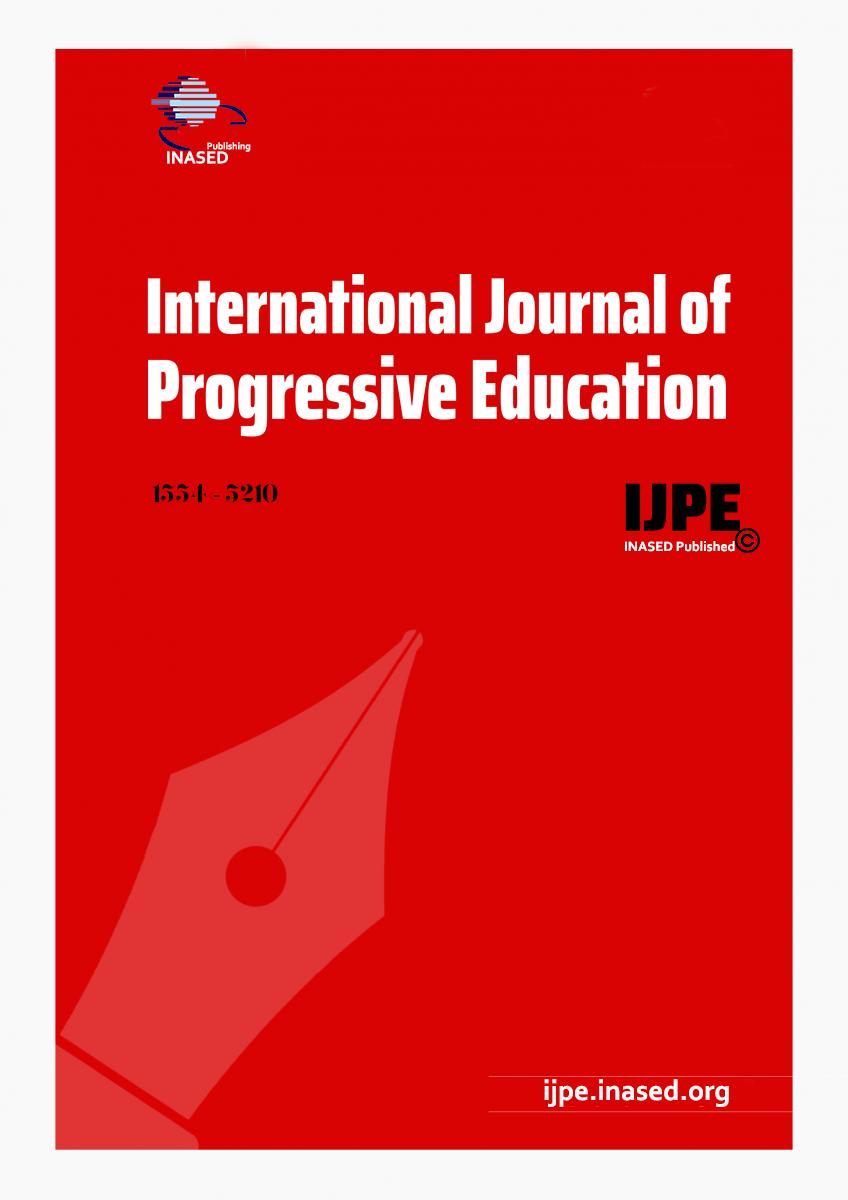- Acker, S. (1999). The realities of teachers' work: Never a dull moment. London: Redwood Books Ltd. [Google Scholar]
- Apple, M. W. (2016). Challenging the epistemologic fog: The roles of the scholar/activist in education. European Educational Research Journal, 15(5), 505–515. http://dx.doi.org/10.1177/1474904116647732 [Google Scholar]
- Apple, M. W., (1988). Teachers and texts: A political economy of class and gender relations in education. NewYork: Routledge. [Google Scholar]
- Apple, M. W., & Teitelbaum, K. (1986). Are teachers losing control of their skills and curriculum? Journal of Curriculum Studies, 18(2), 177-184. [Google Scholar]
- Ayvacı, H. Ş. & Er-Nas, S. (2009). Evaluation of teacher guidebooks based on teachers’ views under constructivism learning theory. Necatibey Faculty of Education Electronic Journal of Science and Mathematics Education, 3(2), 212-225. [Google Scholar]
- Ballet, K., & Kelchtermans, G. (2009). Struggling with workload: Primary teachers’ experience of intensification. Teaching and Teacher Education 25, 1150–1157. [Google Scholar]
- Ballet, K., Kelchtermans, G., & Loughran, J. (2006). Beyond intensification towards a scholarship of practice: Analysing changes in teachers' work lives. Teachers and Teaching, 12(2), 209-229. [Google Scholar]
- Connell, R. (2009). Good teachers on dangerous ground: Towards a new view of teacher quality and professionalism. Critical Studies in Education, 50(3), 213-229. [Google Scholar]
- Demirkasımoğlu, N. (2010). Defining Teacher Professionalism from different perspectives. Procedia Social and Behavioral Sciences, 9, 2047–2051. [Google Scholar]
- Easthope, C., & Easthope, G. (2000). Intensification, extension and complexity of teachers' workload. British Journal of Sociology of Education, 21(1), 43-58, http://dx.doi.org/10.1080/01425690095153 [Google Scholar]
- Eryaman, M. Y., & Riedler, M. (2010). Teacher-Proof Curriculum. In C. Kridel (Ed.). Encyclopedia of Curriculum Studies. Sage Publications. [Google Scholar]
- Genç, S. Z., Güner, F., & Güner, A. S. (2014). Examining the primary school teachers’ views related to teacher guidebooks (sample of Çanakkale Province). Dicle University, Journal of Ziya Gökalp faculty of Education, 23, 79-109. [Google Scholar]
- Giroux, H. A. (2011). Zombie politics and culture in the age of casino capitalism. New York: Peter Lang Publishing Inc. [Google Scholar]
- Goodman, J. (1988). The disenfranchisement of elementary teachers and strategies for resistance. Journal of Curriculum and Supervision, 3(3), 201-220. [Google Scholar]
- Göçer, A. (2011). The statement of functionality of secondary education Turkish teacher guidebooks. The Journal of International Social Research, 4(16), 154-164. [Google Scholar]
- Göçer, A., & Aktürk, Y. (2015). Perceptions of primary and secondary school teachers on teacher’s guidebooks: A metaphor analysis. İnternationl Journal of Turkish Education Sciences, 4, 186-199. [Google Scholar]
- Gür, B., S. (2014). Deskilling of teachers: The case of Turkey. Educational Sciences: Theory & Practice, 14(3), 887-904. http://dx.doi.org/10.12738/estp.2014.3.2116. [Google Scholar]
- Hargreaves, A. (1992). Time and teachers' work: An analysis of the intensification thesis. Teachers College Record, 94(1), 87-108. [Google Scholar]
- Hargreaves, A. (1994). Changing teachers, changing times: Teachers' work and culture in the postmodern age. London: Redwood Books [Google Scholar]
- Hargreaves, A. (2003). Teaching in the knowledge society. New York: Teachers College [Google Scholar]
- Hargreaves, A., Earl, L., Moore, S., & Manning, S. (2001). Learning to change: Teaching beyond subjects and standards. San Francisco: Jossey-Bass Inc. [Google Scholar]
- Kırmızı, B. (2013). The significance of the teachers’ guidebooks in German language teaching. International Journal of Social Science, 6(3), 1217-1230. [Google Scholar]
- Kulantaş, N. (2007). The evaluation of the students textbooks and workbooks and teachers guidebooks used in social studies lessons of the 4 th and 5 th grades accordance with the views of the teachers, students and the parents. Ph.D. dissertation, Gazi University, Ankara, Turkey. [Google Scholar]
- Ministry of National Education [MONE] (2012). Textbooks and training tools regulation. Retrieved from http://mevzuat.meb.gov.tr/html/dersarac/dersarac.html [Google Scholar]
- Ministry of National Education [MONE] (2017). Frequently asked questions. Retrieved from http://mufredat.meb.gov.tr/SSS.aspx [Google Scholar]
- Milner, H. R. (2013). Policy reforms and de-professionalization of teaching. Boulder, CO: National Education Policy Center. Retrieved from http://files.eric.ed.gov/fulltext/ED544286.pdf [Google Scholar]
- Özsoy, S., & Ünal, L.I. (2010). Educational sciences and teacher training in Turkey: A story of a crossroad. Education, Science Society, 3(11), 78-101. [Google Scholar]
- Patton, M. Q. (2002). Qualitative research & evaluation methods. USA: Sage Publications [Google Scholar]
- Reid, A. (2003). Understanding teachers’ work: Is there still a place for labour process theory? British Journal of Sociology of Education, 24(5), 559-573. [Google Scholar]
- Seddon, T. (1997). Education: Deprofessionalized? Or reregulated, reorganized and reauthorized? Australian Journal of Education, 41(3), 228-246. [Google Scholar]
- Sleeter, C. (2008). Equity, democracy, and neoliberal assaults on teacher education. Teaching and Teacher Education, 24(8), 1947-1957. [Google Scholar]
- Smyth, J., Dow, A., Hattam, R., Reid, A., & Shacklock, G. (2000). Teachers’ work in a globalizing economy. London and New York: Roudledge-Falmer Press. [Google Scholar]
- Taneri, P. O., Akgündüz, M. M., & Nayir K. F. (2014). The teachers against the education reforms under the influence of neoliberalism. European Journal of Research on Social Sciences, 1(2), 1-7. [Google Scholar]
- Ünal, L. I. (2005). Neoliberal transformation in teacher image. Education, Science Society, 3(11), 4-15. [Google Scholar]
- Walsh, S. C., Brigham, S. M., & Wang, Y. (2011). Internationally educated female teachers in the neoliberal context: Their labour market and teacher certification experiences in Canada. Teaching and Teacher Education 27, 657-665 [Google Scholar]
- Wong, J., L., N. (2006) Control and professional development: are teachers being deskilled or reskilled within the context of decentralization? Educational Studies, 32(1), 17-37. http://dx.doi.org/10.1080/03055690500415910 [Google Scholar]
- Yaman, T., & Demir S., B. (2015). An Assessment of the uses of teacher’s social studies guidebooks. Journal of Subject Teaching Research, 1(1), 23-32. [Google Scholar]
- Yıldız, A. (2014). Transformation of teaching profession in Turkey: From Idealist teacher to technician teacher. In A. Yıldız, (Ed.), Transformation of teaching, (p.13-26). İstanbul: Kalkedon [Google Scholar]
- Yıldırım, A. & Şimşek H. (2016). Qualitative research methods for social sciences. Ankara: Seçkin Yayıncılık. [Google Scholar]
|


